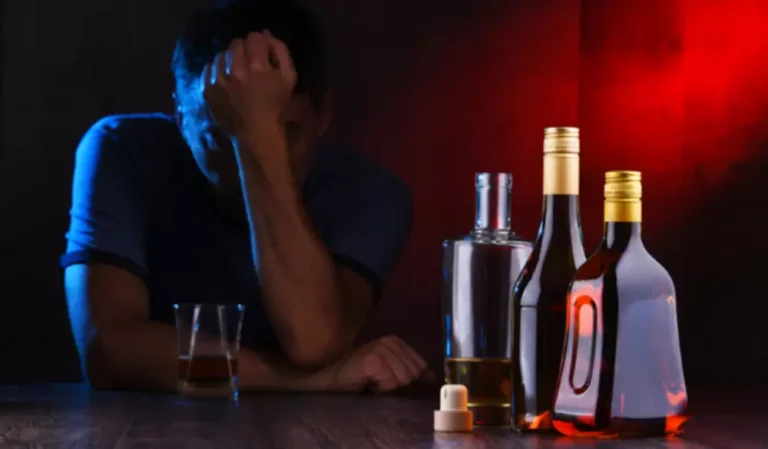
These groups further encourage exploration of emotional and interpersonal conflicts, confrontation about denial and harmful behaviors, and discussion about responsibilities and limitations. They add structure to chaotic lives and provide a safe environment in which to practice newly developed skills. Each activity, from practicing mindfulness to setting personal goals, offers unique ways to support lasting change and emotional resilience in a group setting.
- Group therapy is a helpful and effective method of treatment if you conduct it properly.
- For all your therapy practice and substance abuse group activities needs Theraplatform can help.
- This activity pairs members as partners, fostering regular check-ins to discuss progress, setbacks, and goals and reinforcing commitment through shared accountability.
- Practicing refusal skills through role-playing is a dynamic way to prepare participants for real-world situations where they might be tempted to use substances.
- In group sessions, everyone knows that everyone else there has faced similar issues.
- Together, these two modalities work hand in hand to address the multifaceted nature of substance abuse and promote long-term recovery.
A Chronic Condition Demands Ongoing Care
Including family members in the treatment process can enhance recovery outcomes and strengthen relationships. Family involvement helps rebuild trust and communication, creating a more supportive environment for the individual in recovery. Specialized group therapy techniques offer distinct formats and structures tailored to meet the unique needs of individuals in substance abuse treatment. These methods vary in their approach, membership, and structure, ensuring that each participant receives the appropriate support and guidance.
- Peer recovery groups, like Alcoholics Anonymous (AA) and other 12-step groups, are peer-led, non-professional options for building a support system during recovery.
- Ask your clients to close their eyes, breathe deeply, and try to clear their minds.
- Warm-ups set a contemplative tone, helping participants transition into the group environment and encouraging them to be present and engaged throughout the session.
- Have the group share how they can improve their self-care or list them out as part of your substance abuse group activities.
- Through structured, thoughtful activities, members gain the confidence and tools needed to overcome challenges and celebrate victories, creating a foundation for a fulfilling life in recovery.
The Power of Expressive Arts in Group Therapy
Relapse prevention groups prioritize skill-building and problem-solving strategies to help members avoid circumstances that trigger relapse. These groups often combine elements of psychotherapy with practical exercises =https://ecosoberhouse.com/ designed to develop effective coping mechanisms. The collaborative nature of process groups encourages open communication and mutual support, making them an effective component of substance abuse treatment. Peer support networks foster accountability and motivation, helping individuals remain engaged in their recovery journey. Practicing these scenarios helps participants build confidence in handling real-life challenges, making role-playing a key component of effective group therapy.

Meditation Practice
- Of those who do attempt, merely 25 percent achieve success in reducing their alcohol intake for more than a year.
- And support groups are able to assist in the treatment of both mental health and substance use disorders.
- We find that many of our clients are unsure of what to expect, and need time to feel out the group dynamic before speaking up.
- Below we’ll explore 10 activities substance abuse healthcare providers use to help promote relapse prevention and build coping skills.
- Group therapy sessions often involve discussing individual concerns, allowing members to receive advice and support from their peers.
In conclusion, the utilization of effective substance abuse group therapy activities can significantly contribute to the recovery journey. Through these activities, individuals Alcoholics Anonymous can find support, develop valuable coping strategies, and foster connections that promote lasting sobriety and well-being. Overall, peer support networks are an invaluable component of group therapy, offering a supportive and understanding community that enhances the recovery process.
Diphenhydramine Addiction: A Personal Journey Through Over-the-Counter Dependence

It creates a sense of safety and security, enabling participants to explore their emotions and vulnerabilities in a supportive environment. Trust also fosters a sense of camaraderie and connection among group members, which can be incredibly powerful in the recovery process. The success of group therapy lies in its ability to create a safe and inclusive space where participants feel comfortable expressing themselves and exploring their emotions. Group dynamics, such substance abuse group activities as trust, respect, and confidentiality, are essential ingredients in fostering a supportive environment. Group members learn to provide support and hold each other accountable, ultimately helping each other navigate the challenges of recovery.



